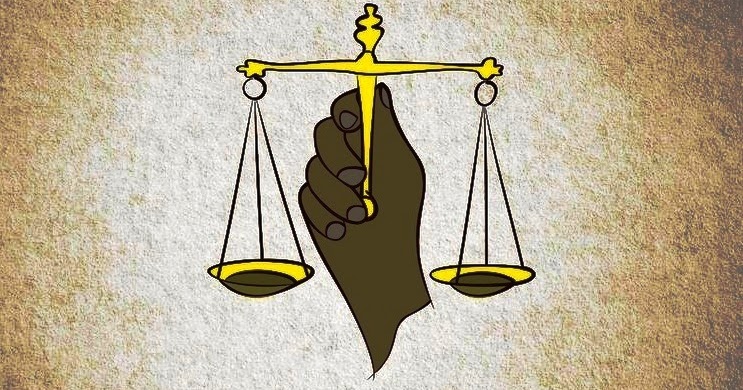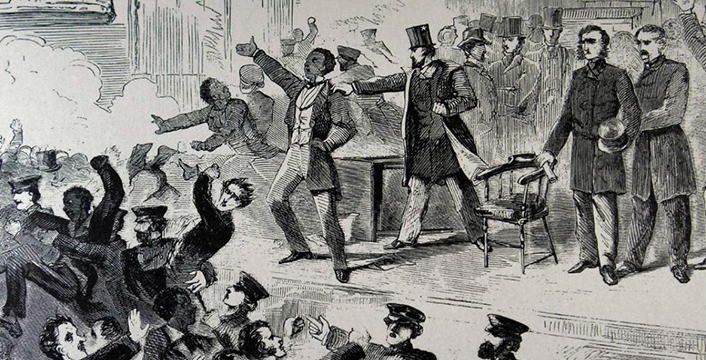 Social justice, the pursuit of equitable treatment and fair distribution of resources, has become a cornerstone of progressive movements around the world. As we explore the intersection of monotheistic principles and social justice, we uncover a rich tapestry of historical influences and contemporary endeavors.
Social justice, the pursuit of equitable treatment and fair distribution of resources, has become a cornerstone of progressive movements around the world. As we explore the intersection of monotheistic principles and social justice, we uncover a rich tapestry of historical influences and contemporary endeavors.
 Monotheistic Roots of Social Justice
Monotheistic Roots of Social Justice
Monotheistic belief systems, with their emphasis on compassion, empathy, and the inherent worth of all individuals, lay a moral foundation for social justice. The teachings of monotheistic religions often advocate for the care of the vulnerable, the pursuit of equality, and the condemnation of oppression.
For example, monotheistic texts contain calls for aiding the poor, advocating for the marginalized, and challenging systems of exploitation. These principles provide a rallying point for believers to engage with social justice causes.
 Historical Examples
Historical Examples
Throughout history, monotheistic principles have played a significant role in social justice movements. The abolitionist movement, which aimed to end slavery, drew strength from the belief in the equality of all human beings under a single divine entity.
In the civil rights movement, religious leaders and followers stood on the frontlines, inspired by monotheistic values of justice and equality. Figures like Martin Luther King Jr. invoked religious teachings to challenge systemic racism and segregation.
Contemporary Efforts
In modern times, monotheistic principles continue to inspire social justice efforts. Religious groups and individuals advocate for refugee rights, economic equality, gender equity, and environmental justice.
The concepts of tikkun olam (repairing the world) in Judaism, amr-bil-ma’ruf (enjoining what is right) in Islam, and the Christian notion of caring for “the least of these” all contribute to a shared commitment to creating a more just and equitable society.
Conclusion
Monotheistic principles and social justice are intertwined in profound ways. The belief in a higher moral order, rooted in compassion and empathy, serves as a guiding force for individuals and communities dedicated to advancing social justice causes. By recognizing the historical and contemporary examples of this intersection, we gain insight into the transformative power of faith in the pursuit of a fair and just world.